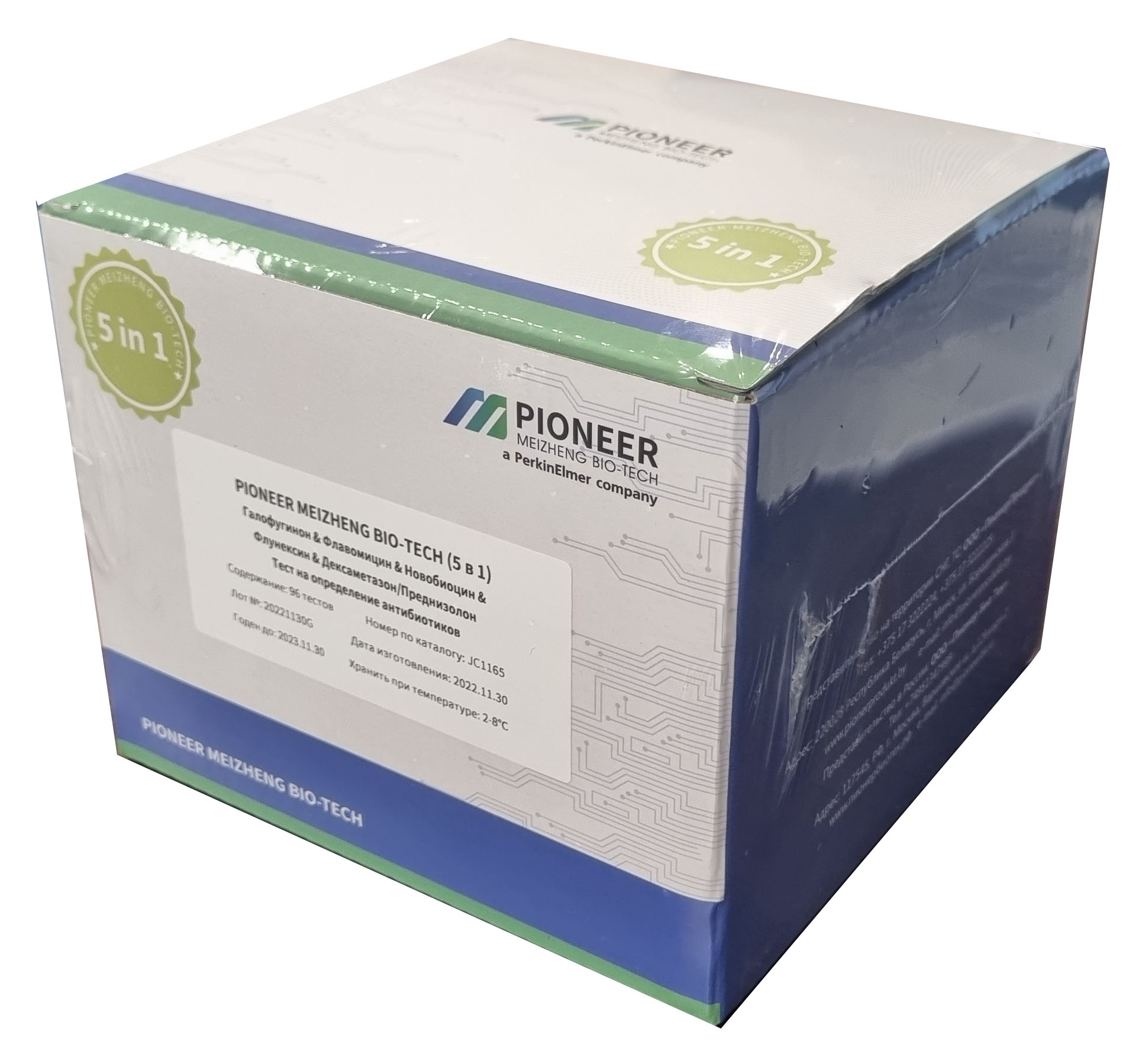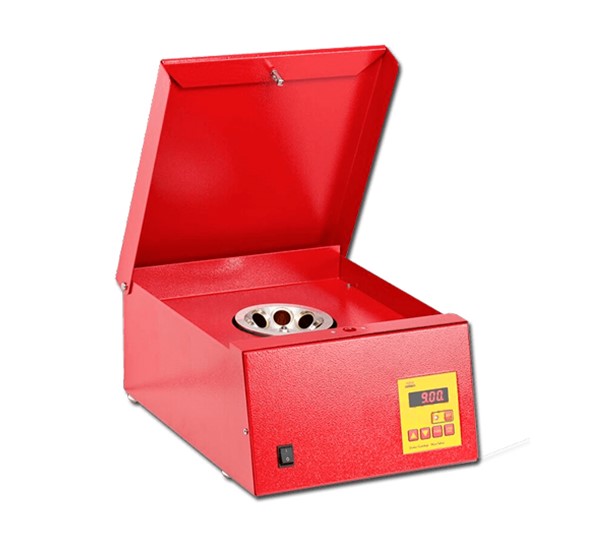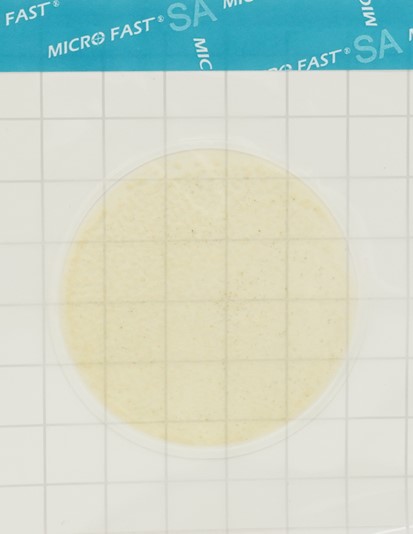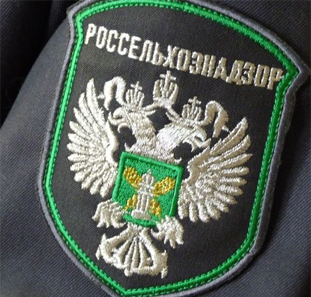Roskoshestvo: almost half of the products in stores are passed off as organic
The press service of Roskachestvo said that the law signed by President Vladimir Putin , which makes the concepts “eco”, “bio” and “green” equivalent to the concept “organic”, is extremely important for the fight against pseudo-organics. According to the document, this marking will be applied only to certified organic products from September 1, 2024. Certification must be obtained from an accredited body.
“The introduction of equivalence of terms, which leads to the need to confirm the declared characteristics of products, will reduce the share of products that mislead consumers. Also, as a result, the number of producers of environmentally friendly products in RUSSIA will increase,” says Roskachestvo. According to agency forecasts, the number of certified producers could triple in the next few years.
Currently, 166 producers of organic products from 49 regions are certified in Russia, Protasov told Vedomosti. Almost the entire line of domestic agricultural products has been certified, new product categories are appearing - organic berries , honey, wild plants and much more. The leaders in the number of certified organic products are grain producers - about 30% of all certified producers. Then come producers of vegetable (18.3%) and livestock products (16%).
Previously, Roskachestvo conducted an inspection of products whose labeling indicated that they were organic. As a result, samples were found that did not meet the requirements for organic products and contained pesticides, noted the HEAD of Roskachestvo. He clarified that pseudo-organics were sold both in offline stores and on marketplaces. “Any labeling without confirmation is simply marketing, which forces the consumer to pay for a supposedly improved product that is not,” Protasov emphasized.
For the development of the organic market, it is important that there is an exchange of technologies, raw materials, and products between countries, he believes. “In Russia, a very large number of product categories are certified. But, for example, some fruits in our country are either not grown or grown in small quantities due to climatic conditions. Therefore, it is important to develop multilateral cooperation in the area of regulatory equivalence and production certification,” he explained.
At the beginning of October, Roskachestvo proposed to develop and approve a list of documents required to be submitted to Rospatent when submitting applications for registration of brands containing the terms “eco”, “bio” and others. This is necessary to be able to request supporting documents from the applicant, and, if they are not provided, to refuse to register the brand. Roskachestvo also proposed to include in the list of documents required to be provided by the applicant when applying for brand registration, a document confirming the product’s compliance with the requirements of Russian legislation “On Technical Regulation” and “On Organic Products” (certificate, declaration).




























































